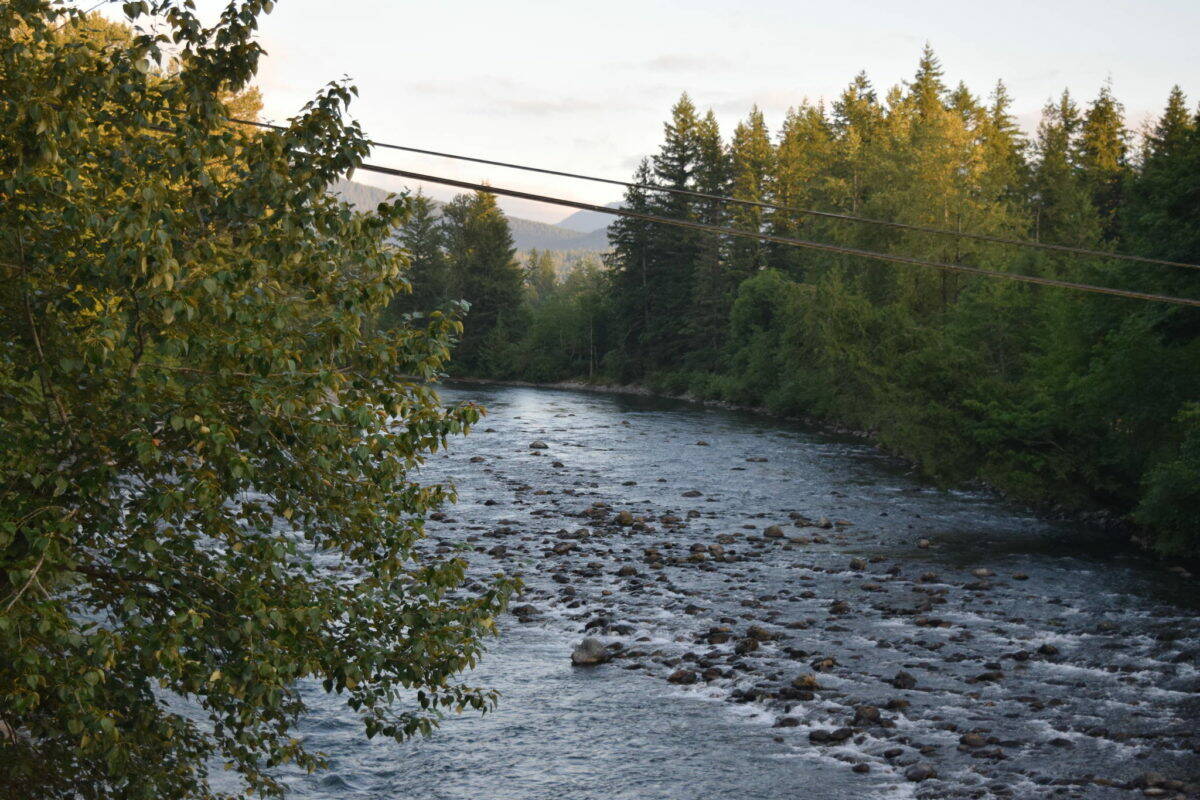North Bend’s Water Conservation Ordinance (WCO) will go into effect on Aug. 8, applying to all residents who reside within city limits or are served by city water.
The WCO, which goes into effect annually each August, comes from legislation adopted by the city council in 2020. The ordinance is an effort to conserve water levels and protect flows in the Snoqualmie River. Each year, the WCO begins in Stage 1, placing lenient restrictions on things like irrigation and watering.
During Stage 1:
- Irrigation is allowed from 6 p.m. to 10 a.m. every day. Irrigation includes yard, orchard, garden and other ornamental landscaping.
- Hand or manual watering is allowed anytime throughout the day.
- Properties with drip irrigation systems that are the sole source of watering are exempt from the WCO.
- Short-term recreation water usage is allowed.
Violations could be subject to small fines of up to $200 per day if repeated verbal and written warnings are ignored, but the city says the intent of the WCO is education, awareness and voluntary compliance.
Typically, the WCO goes into effect each year on Aug. 15, but the city has decided to begin the ordinance a week early. An early snowmelt and a lack of spring rain has left low flows in the Snoqualmie River and other watersheds across the state, they said.
The State Department of Ecology has already declared a drought emergency in 12 Washington counties so far this year, with the remainder — including King County — under a drought advisory.
“Climate change is making warm, dry summers more frequent, and droughts more severe,” Ria Berns, manager of Ecology’s Water Resources program said in a press release announcing the drought declaration. “What we’re seeing this year is likely a sign of things to come.”
In North Bend, stricter water usage restrictions will be adopted if the city’s public works department decides to move into Stage 2 or Stage 3 of the conservation ordinance. The stages of the WCO are based on water levels in the Chester Morse Lake Masonry Pool, which feeds Hobo Springs. The city uses Hobo Springs as its primary mitigation source to supplement water levels in the Snoqualmie River.
With the current drought-like conditions, Stage 2 is expected to arrive sooner than it did last year, the city said. In 2022, the city moved to Stage 2 in mid-October, after a dry heat wave left flows in the Snoqualmie River near single-day record lows. They exited the WCO in early November.
More information on the WCO is available at the city’s website, HERE.


